As appalling as the loss of lives in Gaza, it is not genocide

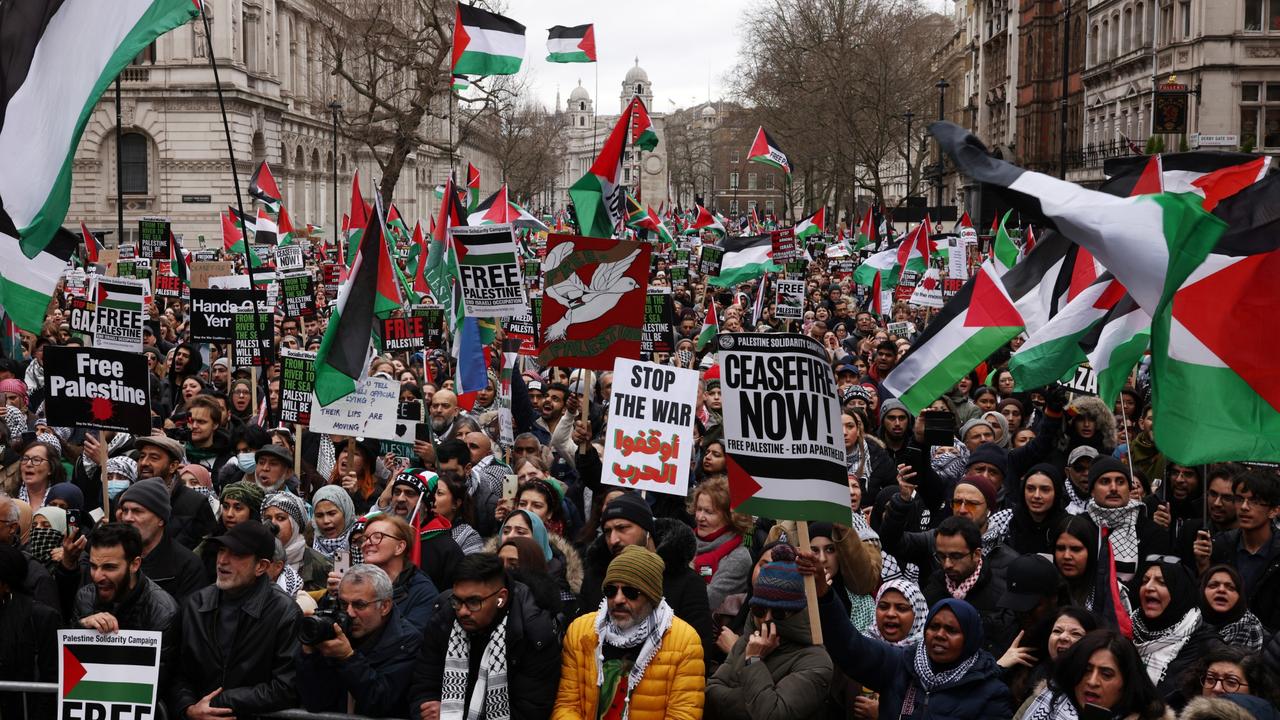
The mass doxxing, the uninvited and unwelcome revealing of personal information including names, phone numbers and the details of private conversations, were leaked on social media.
The documents containing a spreadsheet of all members, their personal details and photographs of some of the group’s members, were bundled into a file saving website and made available on social media over the last 36 hours. In an Op-Ed for Newsweek magazine, the Jewish Australian author described the leak as “shades of Mao’s Cultural Revolution.”
The link has since been removed. The website issued a standard response advising that the document had been deleted due to a breach of terms or service, notably harassment and invasion of privacy. Victoria Police are investigating.
It might sound like schoolyard bullying and it is but this group of 600 artists and creative people will now be subject to threats of violence and online harassment. One name on the list is an Oscar winning film producer. I won’t name the person other than to say the filmmaker’s works have been watched and loved by many.

Australian feminist author and pro-Palestinian activist, Clementine Ford shared the link to the doxxing documents on her Instagram page to her 252,000 followers where the filmmaker was described in one of her follower’s comments as a “zio-fascist.”
Back in December, Ford faced criticism for her pro-Palestinian advocacy. Letters had been sent to her publisher, Allen and Unwin, which detailed profound distress from Jewish people at her use of anti-Zionist rhetoric and the all too frequent references to the state of Israel and the Israel Defence Force engaging in genocide.
At the time, The Australian’s Media Diary sought comment from Ford who said any suggestion she is “anti-Semitic is ludicrous”.
“I am the granddaughter of a Lithuanian concentration camp survivor whose father was shot and killed by German soldiers and who lost her whole family in WWII, Ford said.
“In opposing the indiscriminate slaughter of thousands, I not only honour her memory but also stand alongside countless Jewish activists and leaders who have fought for decades for Palestinian liberation. Antisemitism is real and we should all oppose it vigorously.”
In a Women’s Weekly article in September 2018, Ford said, “My Mum’s mother was Lithuanian. She was interned in a Russian concentration camp during the war, and between the ages of 12 and 17 …”.

There were enforced deportations from Lithuania in the first half of 1941 to the Soviet Union and then after the ‘liberation’ of Lithuania in 1944 until Stalin’s death in 1953. Lithuanian public records show many Lithuanian people remained in these brutal forced labour camps until Stalin’s death when repatriation began.
People embellish their family histories. There might be some other explanation for the conflict with dates. Suffice to say, there weren’t many innocents in Lithuania in 1944.
What we do know is that the Lithuanian pogroms against Jews were appalling. Ninety-five percent of the Jewish population in Lithuania perished under the Nazi regime and much of the murder was perpetrated by anti-Soviet partisan locals, more so than the SS-Einsatzgruppen. In the early days of Nazi occupation, the SS would blanch at the idea of killing women and children but the partisan Lithuanians suffered no similar difficulty.
Clementine Ford is not the only pro-Palestinian activist to summon the word genocide. One anti-fascist citizen journalist hurls the term at Israel like confetti. Anti-Semitism is bad until he does it, apparently.
As appalling as the loss of an estimated 27000 lives in Gaza is, it is not genocide.
The term genocide is relatively new to our language. It was first used by a Polish Jew, Raphael Lemkin in his 1944 book Axis Rule in Occupied Europe. It is an Ancient Greek portmanteau – genos for people and caedo for killing. Lemkin’s book, now long out of print but frequently referenced in more recent academic studies, details five elements that constitute genocide. These five elements – mass killing of a group, mass physical or mental harm of a group, enforced transportation of a group and the implementation of measures to prevent births within the group were adopted in the 1948 Genocide Convention as proof of genocidal intent.
Lemkin argued that Nazi policies were directed not just at Polish Jews but at all Polish people.

In 1939, 3.4 million Jews lived in Poland. By the end of the war, almost 90 percent of the population had been slaughtered, either in the ghettos or in Nazi concentration camps in occupied Poland – Chelmno, Belzec, Sobibor, Treblinka, Majdanek and Auschwitz-Birkenau.
The cruel irony of history is that Jews and other persecuted religious minorities flooded to Poland from the late 16th Century in what was then the Commonwealth of Poland and Lithuania. When the joint state was established in 1572, religious leaders of all stripes pledged tolerance. These were the days of the Counter-Reformation where Protestants joined Jews, Muslims and other minorities in falling prey to violent religious persecution.
Unsurprisingly, the notion of religious tolerance didn’t last. In less than a century, anti-Jewish programs struck up especially in eastern Poland and the Commonwealth itself collapsed under the force of Russian aggression in the late 18th Century.
Nevertheless, by 1939 Jews made up more than a quarter of the population of Krakow, Poland’s second largest city. Five years later, they were all dead.
Now that is genocide. Genocide is not a subjective term. It is used all too frequently and inappropriately. The egregious use of it cheapens the arguments of pro-Palestinian activists and simultaneously trivialises the greatest crime committed by humanity on humanity.

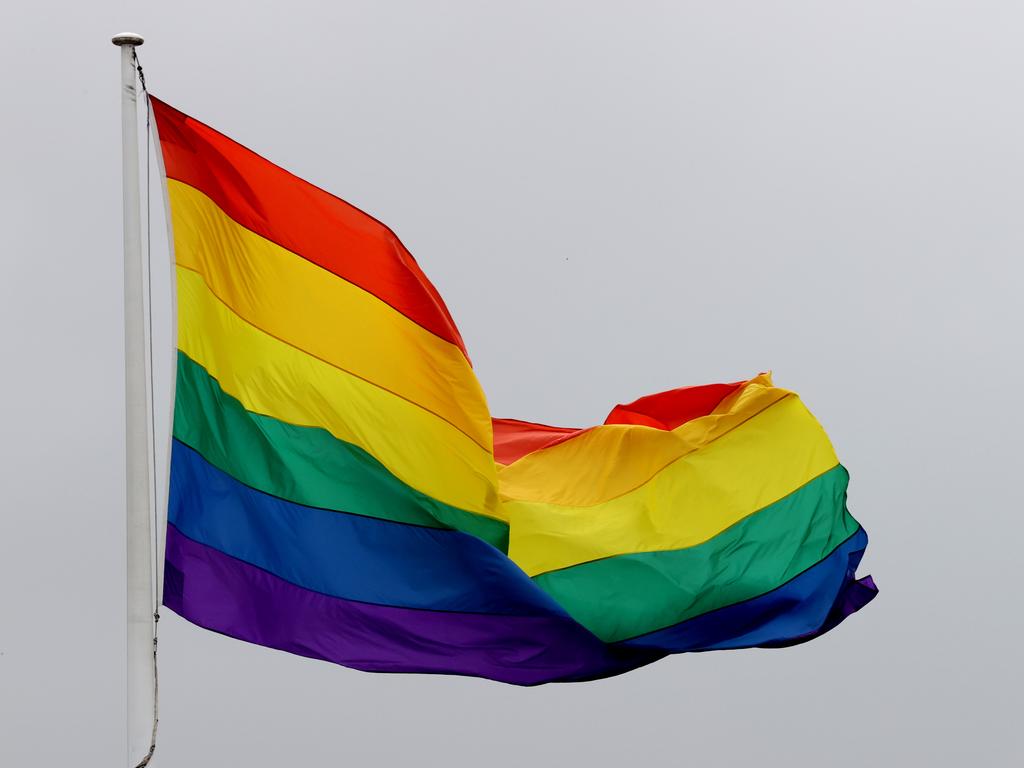
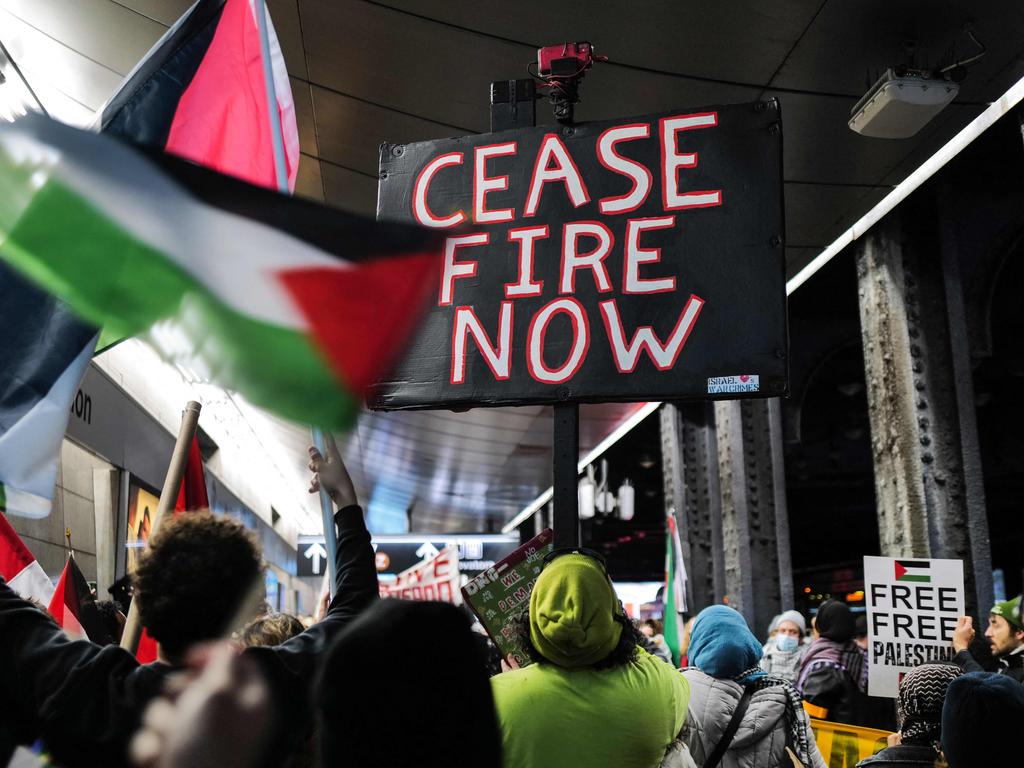
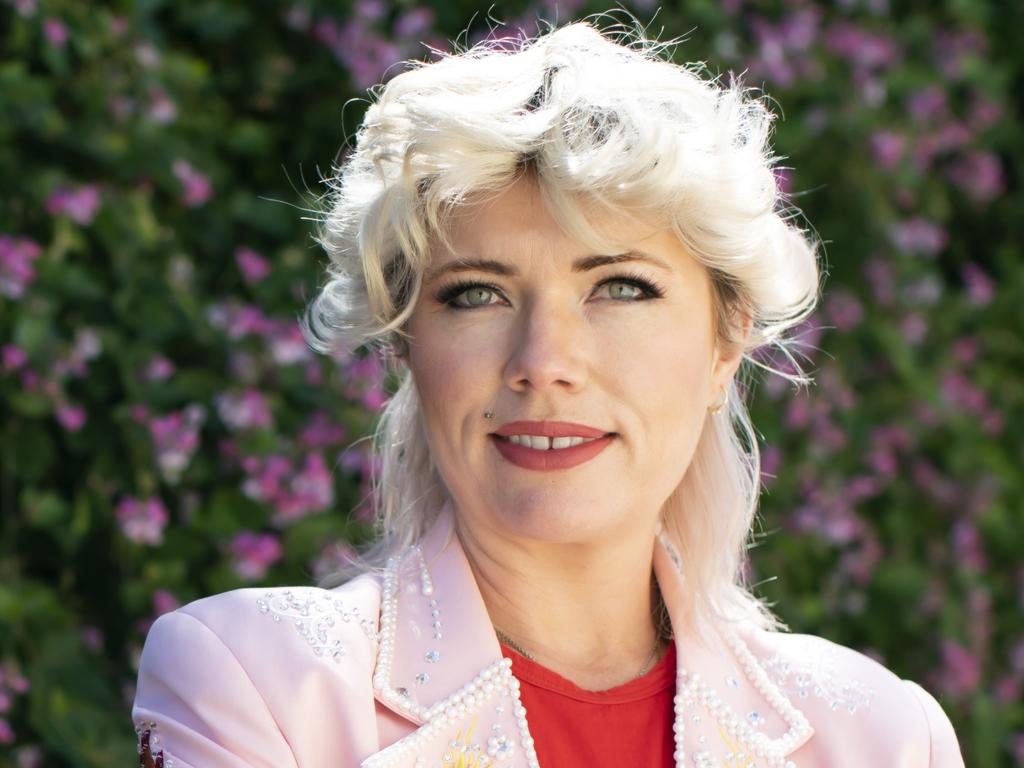
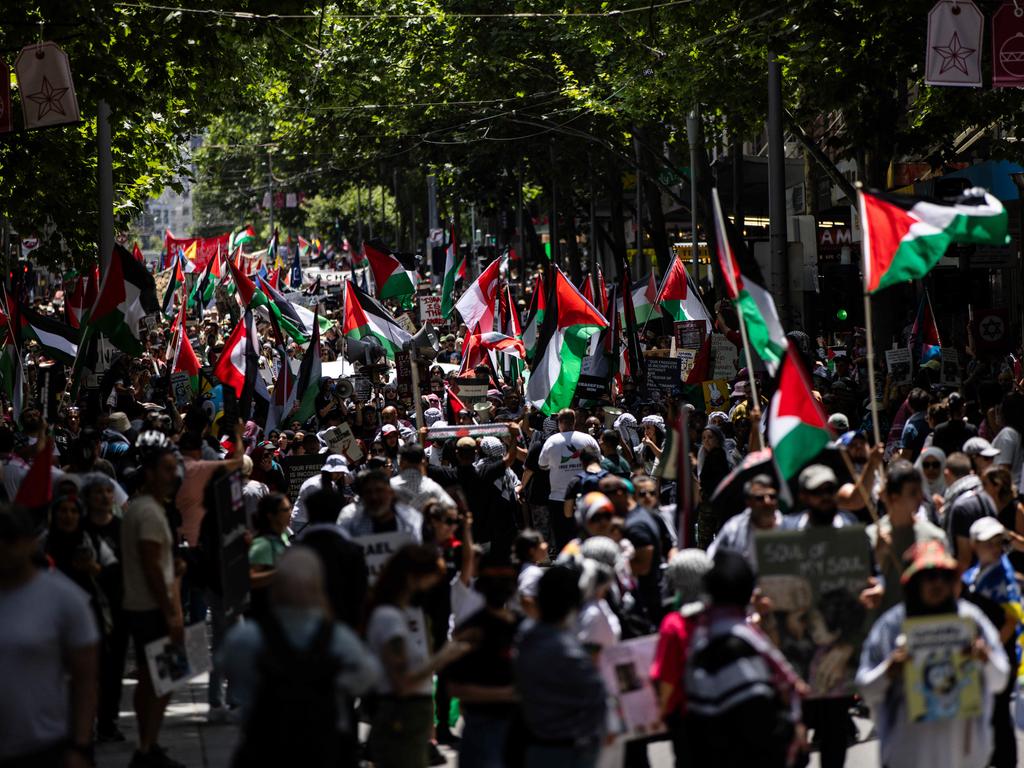


Six hundred Jewish Australian artists and creatives who formed a WhatsApp chat group have been outed with their private conversations and their personal information made public in what is an ugly development in the rise of anti-Semitism in this country.